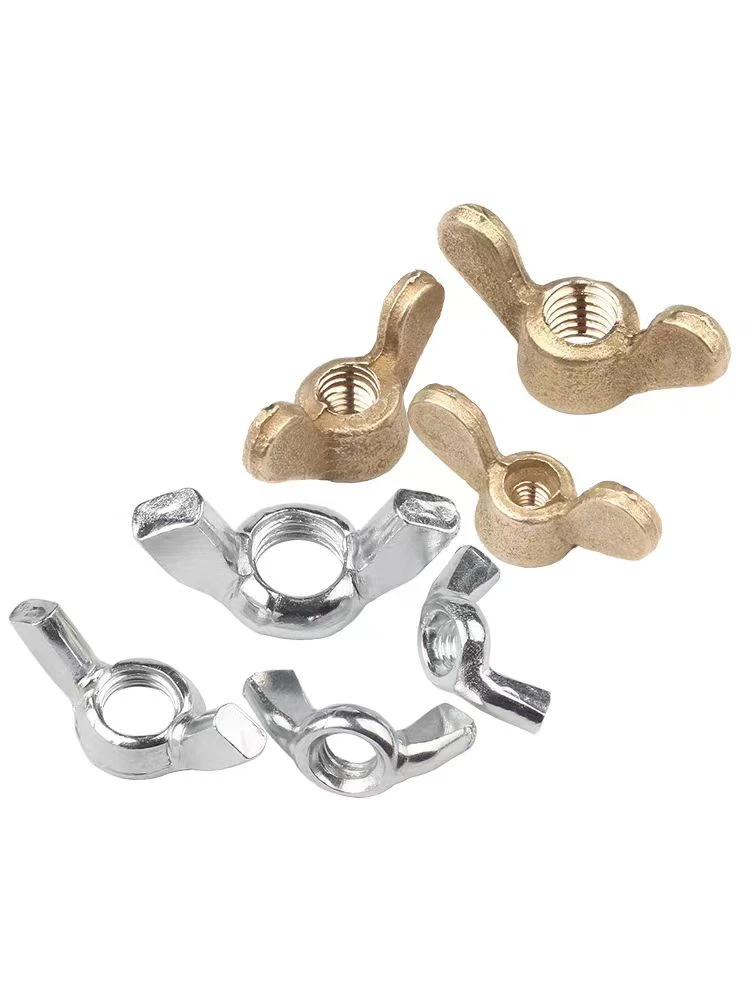

Understanding the Benefits and Applications of Structural Self-Tapping Screws in Construction
Oct . 16, 2024 02:46 Back to list
Understanding the Benefits and Applications of Structural Self-Tapping Screws in Construction
Introduction to Structural Self-Tapping Screws
Structural self-tapping screws are essential fasteners prominently used in various engineering and construction applications. Unlike standard screws, these innovative fasteners are designed to create their own threads in the material they are driven into, providing superior holding strength and stability. This article will explore the key features, benefits, applications, and considerations regarding structural self-tapping screws.
Key Features
One of the primary characteristics of structural self-tapping screws is their unique threading design. These screws feature sharp, pointed tips that enable them to penetrate hard materials without the need for pre-drilling. This not only saves time during assembly but also reduces the potential for material damage that can occur with traditional screws requiring pilot holes.
Furthermore, structural self-tapping screws are crafted from robust materials such as steel, stainless steel, or specialized alloys to withstand demanding environments. They often come with various coatings, such as zinc or ceramic, to enhance corrosion resistance. Additionally, these screws have high tensile strength, capable of sustaining significant loads in structural applications.
Benefits
The advantages of using structural self-tapping screws are numerous. First and foremost, their ease of installation is a major selling point. The ability to tap threads into the material simplifies the assembly process, making it easier for contractors and builders, especially in tight or hard-to-reach spaces. This feature can significantly reduce labor costs and time on the job site.
Secondly, because structural self-tapping screws create a strong and secure bond within the material, they offer exceptional resistance to pull-out and shear forces. This is critical in applications such as metal-to-metal fastening, wood structures, and even the construction of metal buildings. The robustness of these screws plays a vital role in ensuring structural integrity and safety.
Moreover, structural self-tapping screws can accommodate various materials, including metals, plastics, and composites
. This versatility makes them suitable for a wide range of industries, from automotive and aerospace to construction and manufacturing.structural self tapping screws

Applications
The applications of structural self-tapping screws are vast and varied. In construction, they are frequently used for framing, joining metal studs, connecting steel beams, and attaching building materials to structural components. In the automotive industry, they secure various components within vehicles, contributing to overall structural integrity and safety.
In manufacturing, these screws are instrumental in assembling machinery, equipment enclosures, and electronic devices. Their durability and reliability make them a preferred choice for industries requiring products that stand up to rigorous use and environmental challenges.
Considerations
While structural self-tapping screws offer many benefits, it is essential to consider certain factors to ensure their optimal performance. Proper selection according to material type, thickness, and application is crucial. Using screws that are too long or too short can result in inadequate performance, leading to potential failures.
Additionally, while self-tapping screws are convenient, proper torque must be applied during installation. Over-tightening can strip the threads, while under-tightening can lead to loosening over time. It is recommended to use torque tools to achieve the appropriate tension levels for each application.
Conclusion
In summary, structural self-tapping screws are indispensable fasteners that provide significant advantages in various applications across multiple industries. Their ability to create their own threads, combined with their strength and versatility, makes them a popular choice for professionals in construction and manufacturing. Understanding the features, benefits, applications, and considerations of these screws can lead to better decision-making when designing and executing construction or engineering projects. Selecting the right structural self-tapping screws ensures stability, safety, and efficacy in building structures that stand the test of time.
Latest news
-
High-Strength Hot-Dip Galvanized Bolts-Hebei Longze|Corrosion Resistance&High Strength
NewsJul.30,2025
-
Hot Dip Galvanized Bolts-Hebei Longze|Corrosion Resistance&High Strength
NewsJul.30,2025
-
Hot Dip Galvanized Bolts - Hebei Longze | Corrosion Resistance, High Strength
NewsJul.30,2025
-
High-Strength Hot Dip Galvanized Bolts-Hebei Longze|Corrosion Resistance, Grade 8.8
NewsJul.30,2025
-
Hot Dip Galvanized Bolts-Hebei Longze|Corrosion Resistance,High Strength
NewsJul.29,2025
-
High-Strength Hot Dip Galvanized Bolts - Hebei Longze Metal Products Manufacturing Co., Ltd.|corrosion resistance&high strength
NewsJul.29,2025

